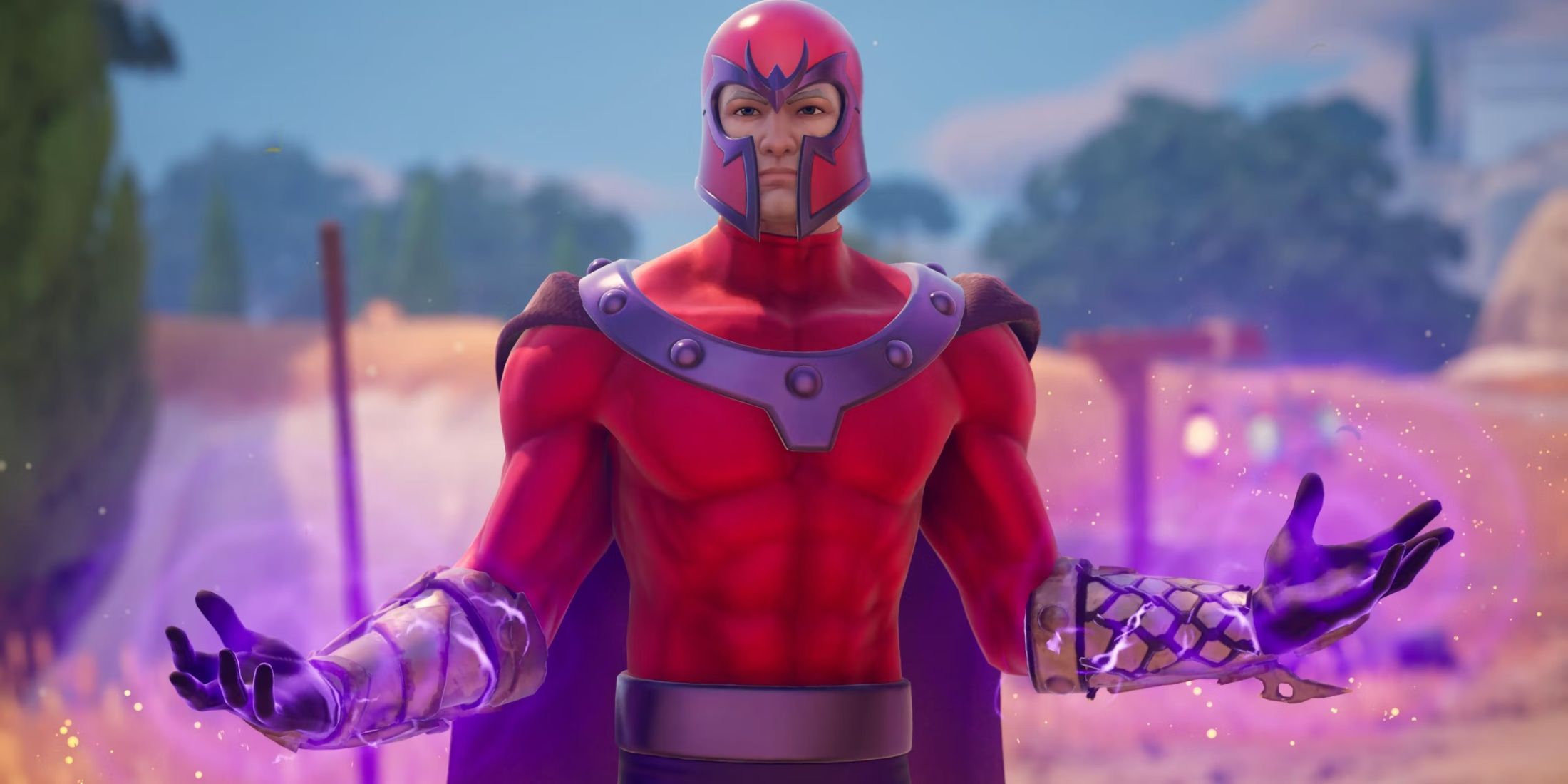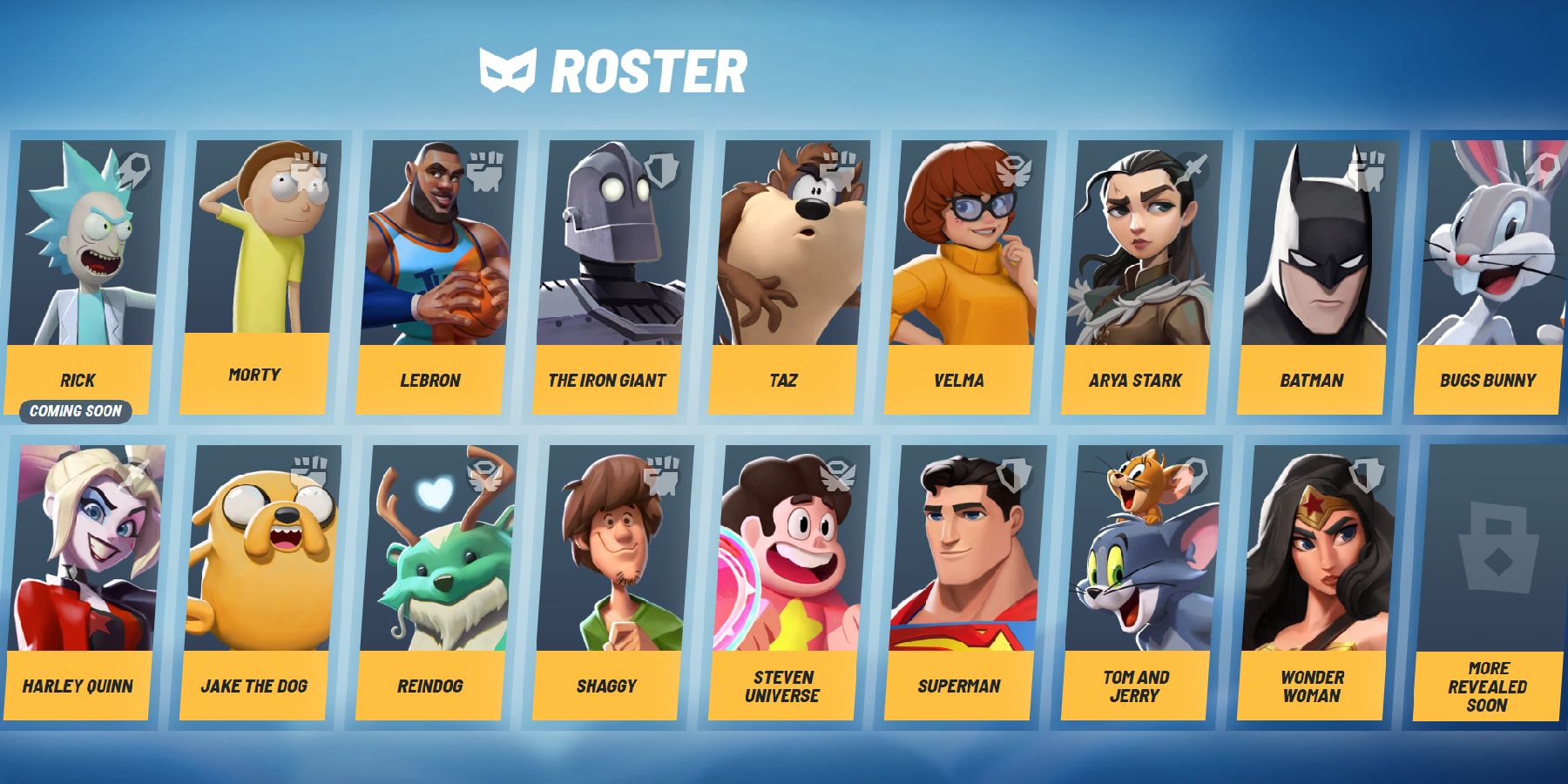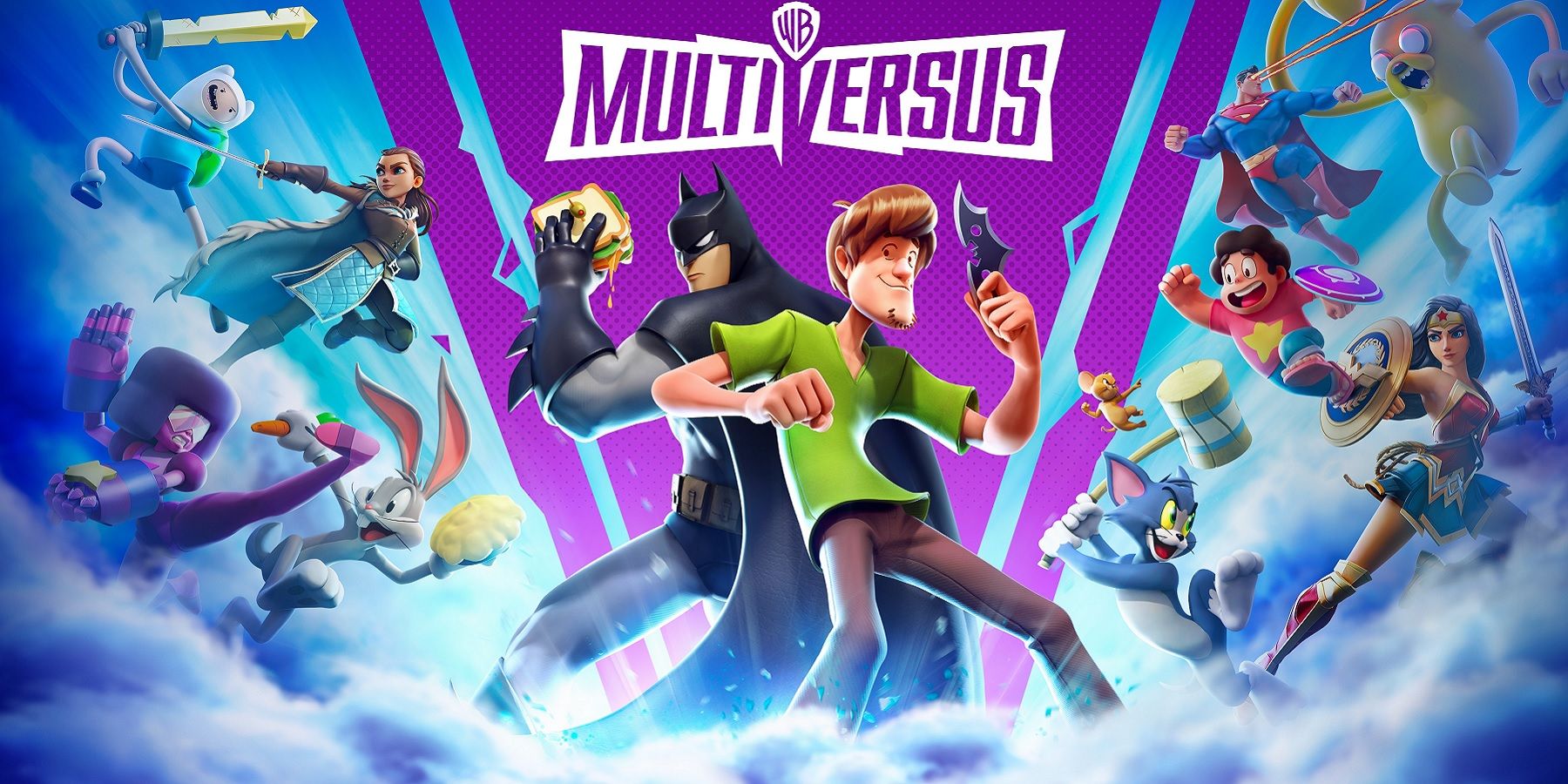Since its release and viral boom in popularity, Player First Games and Warner Bros. Interactive's MultiVersus has remained one of the most popular fighting games on Steam. The game follows Super Smash Bros.' fighting game model of classic platform fighters, and has been making liberal use of Warner Bros.' vast vault of intellectual property to produce a fighting game with a cast of characters that range from LeBron James to Steven Universe. While the game continues to be successful, the developers seem to have high hopes for the MultiVersus' live-service approach to the genre. The game currently has a roster of 23 characters, but started with 16 at launch back in July 2022.
The pace at which MultiVersus is releasing characters has been slightly over one per month on average, with seven characters in the past six months with more on the way. While exciting for players and excellent from a marketing standpoint, such a fast rate of roster expansion runs the serious risk of compromising the game's combat balancing. For example, when LeBron James was added, a game-breaking bug was discovered, and the fighter had to be pulled from the roster temporarily. While it may have been a minor inconvenience for casual players, the never-ending content cycle of live-service games like MultiVersus runs the real risk of jeopardizing the game's long-term success, particularly among competitive fighting game players.
MultiVersus Needs To Learn From Super Smash Bros. And Focus On Character Balancing
When considering MultiVersus' growing roster, the most obvious point of comparison is Super Smash Bros. Ultimate. While the games are not identical, as platform fighters from companies with deep cultural vaults to draw from, they have a lot in common. Both Nintendo and Warner Bros.' competitive games have a seemingly endless array of characters they could add at any given time, but as Nintendo has learned the hard way, less can sometimes be more.
Super Smash Bros. Ultimate has become a dominant fighting game that Nintendo clearly intended to be the definitive Smash Bros. experience, compromising on its character roster and content as little as possible. Nintendo didn't reach this success without prior failures, though. Super Smash Bros. Ultimate arrived in the aftermath of Super Smash Bros. Brawl, whose competitive scene was almost entirely wrecked by roster-balancing issues.
In fact, Super Smash Bros. Brawl, released for the Wii in 2008, was a game almost incapable of having a balanced and thriving competitive scene. Meta Knight's unmatched superiority compared to every other character in competitive play, the introduction of the tripping mechanic, and many other minor gameplay issues left players unable to build a competitive scene that could match the popularity or complexity of Super Smash Bros. Melee.
Eventually, fans would release a modded version of the game that developed a large competitive scene, the now-defunct fan game Project M, but Brawl is representative of the many challenges platform fighter developers can face when dealing with a large and varied roster. Maintaining a competitive and casual player base simultaneously, alongside using the same characters and game modes, only compounds these issues.
MultiVersus has clearly situated itself on a similarly sharp knife's edge, attempting to provide competitive Smash influencers and their fans with a live-service platform fighter boasting a character roster meant to appeal to players of almost every stripe. If MultiVersus' character releases continue as they have, developing and preparing to launch new characters at a pace comparable to League of Legends will be a very challenging balancing act. That is not to say that the development team at Player First Games cannot make it work, as the developer have shown its commitment to the project and continue to produce interesting and varied characters at a very fast rate, but maintaining that output will only grow more difficult with each successive character.
MultiVersus is available now on PC, PS4, PS5, Xbox One, and Xbox Series X/S.





